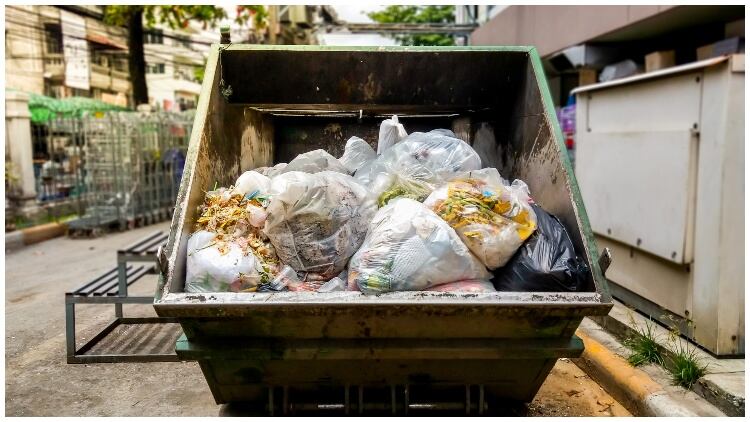Following almost 4,000 responses, the UK Government has revealed it’ll be pressing forward with a voluntary approach when it comes to food waste reporting, going against what the majority are in favour of.
In 2022, over 200 businesses measured and reported on their food waste values voluntary. In fact, WRAP’s Food Waste Reduction Roadmap Progress Report 2021 found that 140 businesses with year-on-year data made a 17% overall reduction in food waste in 2021. This is estimated to be worth £365 million. These businesses were also said to have seen an increase in efficiency with a 13 to 15% reduction in waste per tonne of food handled.
However, the number of businesses reporting on a voluntary basis has stalled and the food waste consultation was, in part, launched as a response to this.
What were the options?
Among other things, the Government consultant looked to ascertain a preferred option for improving food waste reporting. The options were set out as followed:
- Option 1: An enhanced voluntary agreement
- Option 2: Mandatory reporting
- Do nothing – maintain current measures
Most of respondents were favour of option 2, requiring food waste measurement and reporting for large food businesses.
Why has Defra decided against mandatory food waste reporting?
The decision to maintain a voluntary approach was a result of several factors, including that just 39% of respondents fell into the large business category. In other words, there was a concern that those who voted in favour of the new approach would not be affected themselves.
The summary also highlighted cost of introducing the regulation as a preventative factor, despite such reporting likely to bring financial savings to a business in the long run. In an impact assessment by the Government, it was estimated that the total average annual reporting costs to a business would be £5.3m.
Commenting on the announcement, Owen McLellan, managing director of the surplus food and household redistributor, Company Shop Group, said: “Whether reporting is mandated or remains voluntary, having access to more robust and transparent data would support all of us in reducing food waste.
“In recent years the grocery sector has made great strides in reducing their waste and redistributing more surplus. We regularly see the strongest improvements being made by businesses that understand the scale and nature of surplus and waste in their organisations. Those that have visibility in place have not only reduced their waste footprint, but have unlocked the financial, environmental and social benefits of surplus food redistribution. Mandatory reporting, later down the line, would help enhance this visibility further.
What happens now?
The voluntary approach will remain in place until at least mid-2025, after which another review will take place.
McLellan added: “In the meantime, we would encourage businesses to make the most of the voluntary period and prepare for future regulation by improving their own visibility of waste, and ensuring they have sustainable redistribution processes in place. As the UK’s largest redistribution organisation, we stand ready to provide both commercial and social redistribution routes, enabling businesses to turn needlessly wasted stock into a positive for profit, people and the planet.”
In other news, looming Brexit rule changes risk disruption this Christmas.





